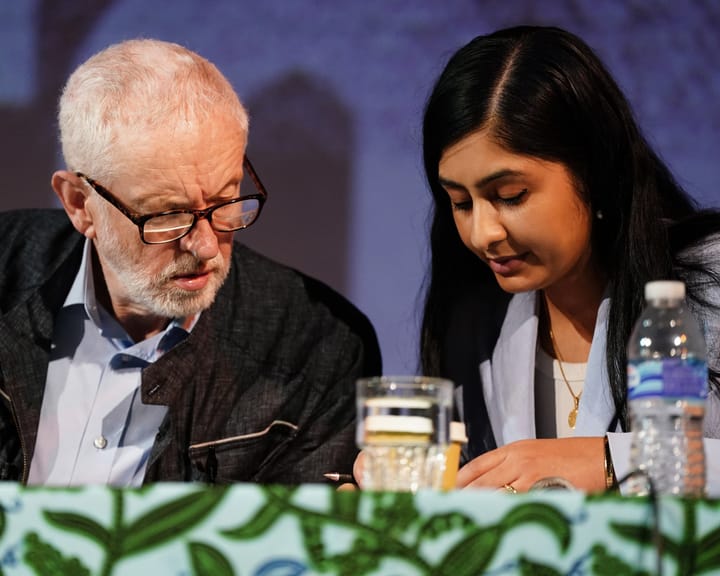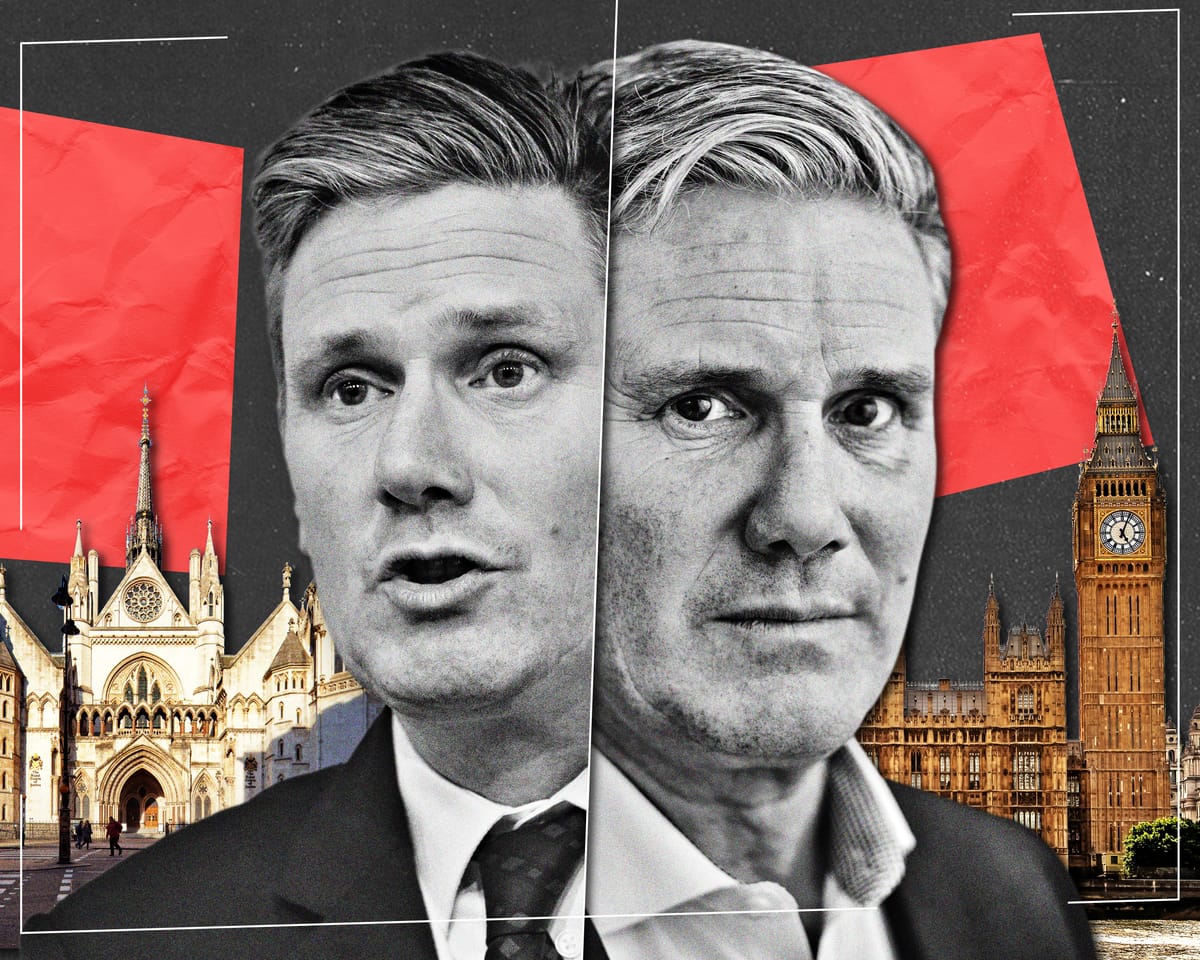The global human rights framework—established to safeguard individuals from state abuses—faces greater risks today than at any time since 1945. In the UK, the current prime minister brings a strong background to address these challenges. A former legal professional with three decades of experience, he has demonstrated a firm dedication to protecting people from unfair treatment. His expertise in human rights law is extensive, including authoring key texts on its European applications and representing cases at various judicial levels. Notably, he is the only British leader to have presented a case under the genocide convention, acting for Croatia against Serbia at the international court in 2014. His prior role as head of prosecutions also provided him with a rare understanding of government operations, setting him apart from many others in politics.
Yet, obstacles remain—many tied to the prime minister’s own actions. Some argue his approach has contributed to weakening human rights protections. He has expressed admiration for foreign leaders with authoritarian tendencies and supported measures critics say reduce safeguards for vulnerable groups. He often equates nonviolent demonstrations with terrorism and has pressured organizers to exclude performers whose views he opposes. At times, he criticizes judicial rulings, despite the courts’ role in upholding human rights. On critical issues, he sometimes avoids clear positions, relying instead on legal technicalities. Even supporters acknowledge his willingness to abandon stated principles for political advantage.
Since the 2024 election, much attention has focused on the government’s policy shortcomings. But a more specific question arises: why has its human rights record—expected to be a strength—been inconsistent? Over recent months, conversations with numerous sources, including current and former government officials, legal professionals who worked alongside the prime minister, and rights advocates, sought to explore how his legal background influences his leadership.
Some experts welcome the change in approach after the previous government’s policies. “Stabilizing Britain’s commitment to legal principles amid global backsliding is significant,” says Conor Gearty, a human rights scholar at the London School of Economics and longtime associate of the prime minister.
Read next

"Widow to forfeit half of pension scam compensation to taxes"
The relatives of a man who lost his retirement savings after becoming entangled in the Norton Motorcycles pension scheme fraud are set to forfeit nearly half of their compensation due to an obscure tax regulation.
After a prolonged effort to secure payment from the Fraud Compensation Fund (FCF), Robert Dewar’

"Has Kemi Badenoch Ended One Nation Conservatism?"
In one interpretation of the Conservative Party's electoral successes, its last three victorious leaders—John Major, David Cameron, and Boris Johnson—each entered Downing Street promoting unity and broad-based principles.
However, this year's gathering of Conservative members has been defined by tougher language on asylum policies

Zarah Sultana and Corbyn reconcile, poised to co-lead new party
Zarah Sultana and Jeremy Corbyn Reconcile Ahead of New Political Group Launch
Zarah Sultana has stated that she and Jeremy Corbyn have resolved tensions in their joint leadership of a new political initiative, comparing their dynamic to that of the Gallagher brothers from Oasis.
Speaking alongside Corbyn at the *World

